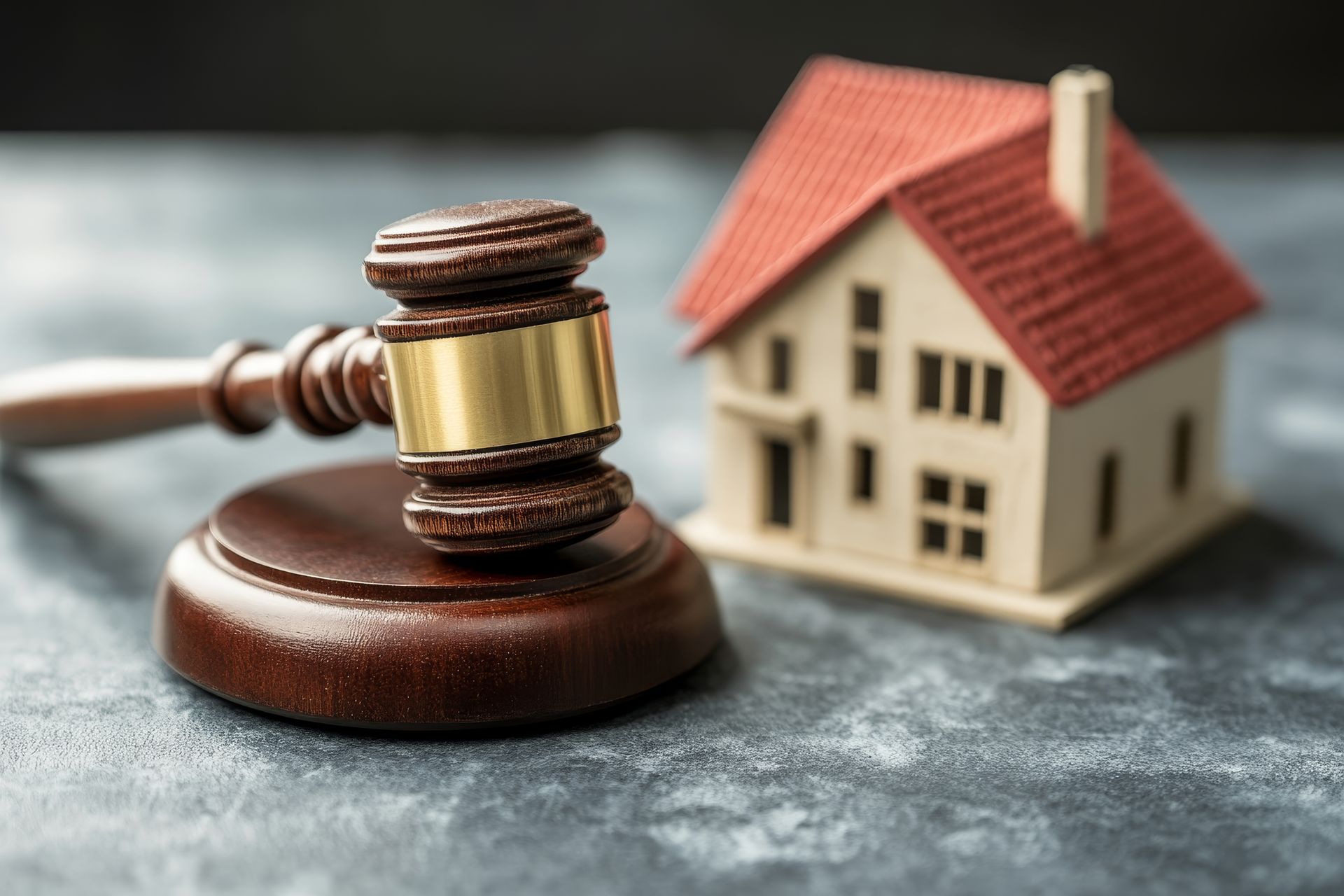Florida Bankruptcy Laws Explained: A Guide for Fort Lauderdale & West Palm Beach Residents
Florida Bankruptcy Laws Explained: A Guide for Fort Lauderdale & West Palm Beach Residents
If you are struggling with overwhelming debt, you are not alone. Thousands of Florida residents face financial hardship every year. The good news is that bankruptcy laws in Florida provide options for relief, allowing individuals to reset their finances and move forward with confidence. Whether you live in Fort Lauderdale or West Palm Beach, understanding how these laws work can help you make informed decisions about your future.
What Bankruptcy Means in Florida
Bankruptcy is a legal process designed to help individuals or families who can no longer keep up with their debts. It can either eliminate certain debts altogether or restructure them into a manageable repayment plan. In Florida, residents typically file under Chapter 7 or Chapter 13 of the U.S. Bankruptcy Code.
- Chapter 7 Bankruptcy (Liquidation): This option may allow you to wipe out unsecured debts, such as credit cards or medical bills, by liquidating non-exempt assets. Florida has generous exemption laws, meaning many people can protect their home, vehicle, and personal property while still discharging qualifying debt.
- Chapter 13 Bankruptcy (Repayment Plan): This option lets you keep your assets while restructuring debt into a repayment plan lasting three to five years. Many individuals choose Chapter 13 to catch up on past-due mortgage or car payments while avoiding foreclosure or repossession.
Florida’s Bankruptcy Exemptions
Florida law offers some of the strongest exemptions in the country. These exemptions determine what property you can keep during bankruptcy:
- Homestead Exemption: Protects your primary residence, regardless of value, as long as you meet residency and property size requirements.
- Motor Vehicle Exemption: Allows you to keep up to a certain amount of equity in your vehicle.
- Personal Property Exemption: Covers household items, clothing, and other essentials.
- Wages and Retirement Accounts: In most cases, wages and retirement savings are protected.
These exemptions are particularly important for residents of Fort Lauderdale and West Palm Beach, where property values and cost of living can be higher than other areas of Florida.
Why Work With a Florida Bankruptcy Attorney
Bankruptcy is not a one-size-fits-all process. Choosing between Chapter 7 and Chapter 13 requires a careful review of your income, debts, and long-term financial goals. Having an attorney guide you through the process can make a significant difference in protecting your property, stopping creditor harassment, and ensuring that all paperwork is handled properly.
At the Law Offices of Michael H. Johnson, P.A., we have helped individuals and families across South Florida navigate bankruptcy with compassion and skill. Located conveniently for Fort Lauderdale and West Palm Beach residents, our firm is committed to finding the best solution for your financial challenges.
Take the First Step Toward Financial Relief
If debt is weighing you down, you don’t have to face it alone. Understanding Florida bankruptcy laws is the first step to regaining control of your financial future. The next step is speaking with an attorney who can evaluate your unique situation and walk you through your options under Chapter 7 or Chapter 13.
Contact the Law Offices of Michael H. Johnson, P.A. today at 954-737-5800 to schedule a consultation. Serving clients in Fort Lauderdale, West Palm Beach, and throughout South Florida, we are here to help you move forward toward a brighter financial future.






